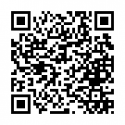Hack Thailand 2575: True Engagement for Holistic Development
One thing that many fellows have clearly reflected on is that after working as a teacher for two years, they have gained a true understanding of the "real educational problems." They were top-tier university students who had never been exposed to the issues in highly demanding schools. These fellows have immersed themselves in the field and engaged with the problems, gaining a genuine understanding of what "educational inequity" truly means.
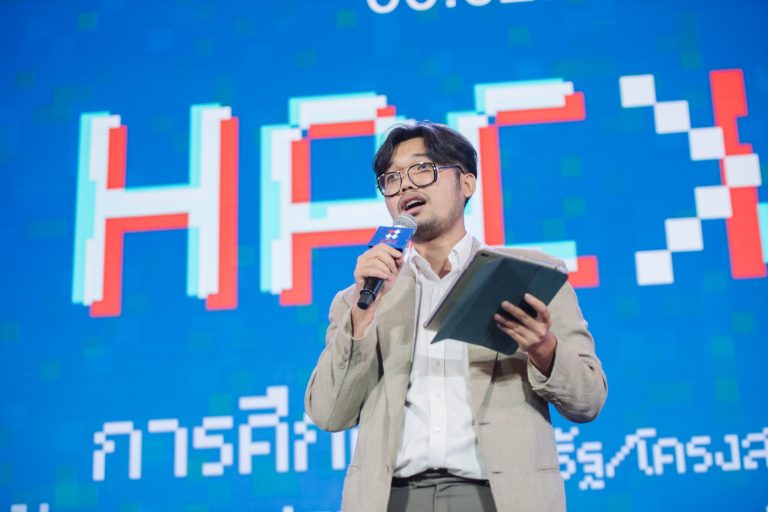
Pheem, a fellow of the 8th cohort of Teach For Thailand, who is currently teaching at Sampranwittaya School in Nakhon Pathom province, has changed his perspective on education. He has actively participated in the Hack Thailand 2575 event organized by Thai PBS, which aimed for individuals in many core policy fields to exchange ideas and reflect on their perspectives to the outside world. It took place on April 18-20, 2023. Pheem, who graduated from the Faculty of Science at Chulalongkorn University and previously worked in the private sector, chose to switch careers and work in education because he saw it as a valuable and meaningful pursuit in his life.
“Education has been a crucial part of my life for a long time because, during my school years, I attended educational camps and served as the club’s president, leading others to participate in educational camps. However, after graduating, I had high expectations for myself to earn a lot of money, so I became a salesperson for chemical products, which provided a good income. But as time went by, I realized that it didn’t fulfill me. because it wasn’t the meaningful pursuit in life that I desired.”
“So, I started to cultivate self-awareness and asked myself what I truly wanted. I discovered that the thing I want to do the most was to work in education because every time I had the opportunity to teach, attend camps, or engage in conversations with students, I felt immense happiness. I felt that what I was doing was meaningful. And when I stumbled upon Teach For Thailand’s advertisement, it came at the perfect time.”
Pheem talked to his friends who had previously worked with Teach For Thailand and discovered that the work was highly challenging. However, the moment he began working, he was happy. Currently, he has been teaching at Sampranwittaya School for one and a half years. This upcoming semester will be his last one there.
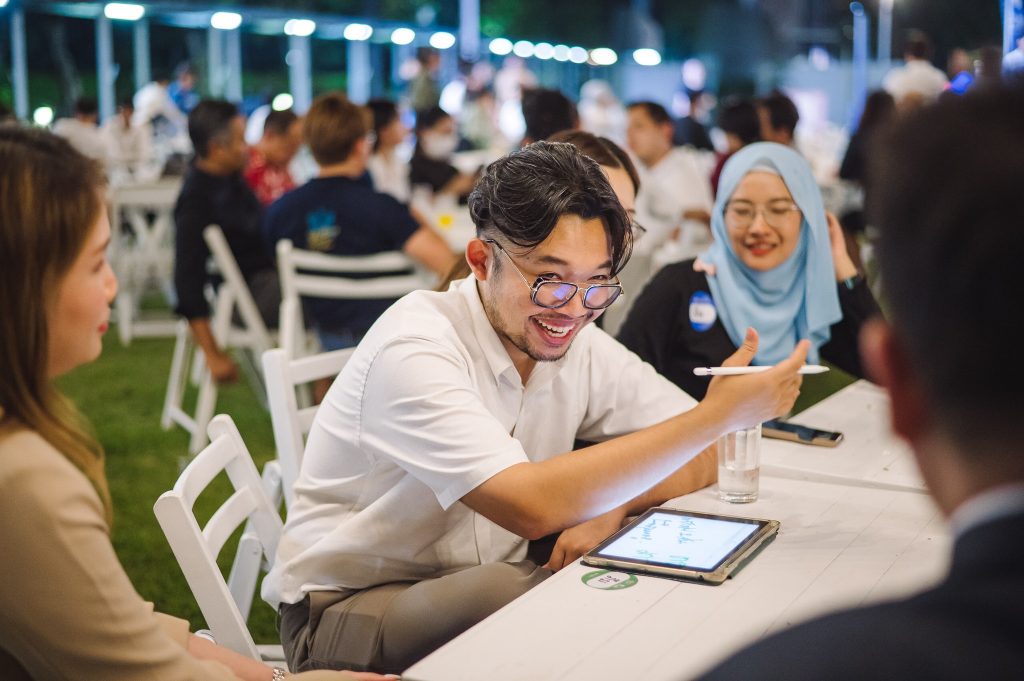
“In the first week of this job, I put in a lot of effort and was very determined. I wanted to know if this was truly what I wanted to do. And once I started doing it, I told myself that from now on, I dedicate my life to education. I find bliss in the work I do. Before this, many people warned me to be careful not to burn out. However, I might be different from others in the sense that I don’t constantly burn with passion. Instead, I focus on finding ways to improve and make things better, seeking opportunities to enhance the work I do.”
“It was like a trial to see if what I had envisioned in my mind could actually be implemented in the classroom.”
When asked about his thoughts on Teach For Thailand’s talent acquisition process, which brings in many talented individuals that continue to promote education even after completing the program, Pheem replied:
“Teach For Thailand has a rigorous selection process that goes through multiple stages, perhaps around 6-7 ones. It must be acknowledged that those who join TFT usually already have a passion for education. The process itself is diverse, including interviews, critical thinking tests, and creating simulated situations. I believe it enables the team to observe how applicants respond to real-life situations.”
The most important thing that Pheem gained from participating in Teach For Thailand’s Fellowship program was the ability to “deeply empathize” with the problems at hand.
“No one understands the problems better than those who are directly involved in the work, putting themselves in the context of schools or students. By immersing ourselves in the problems, we learn which approaches are effective. We personally encounter the challenges and learn practical problem-solving methods.”
With an insider perspective, Pheem also joined the Hack Thailand 2575 project: 48 hours to transform Thailand’s future after the election, organized by Thai PBS and a network of stakeholders. The project aimed to bring together individuals from social, public, and political sectors to design policies and reflect the voices of the people, allowing the government sector to listen. The project envisioned how Thailand would be in the next 10 years.
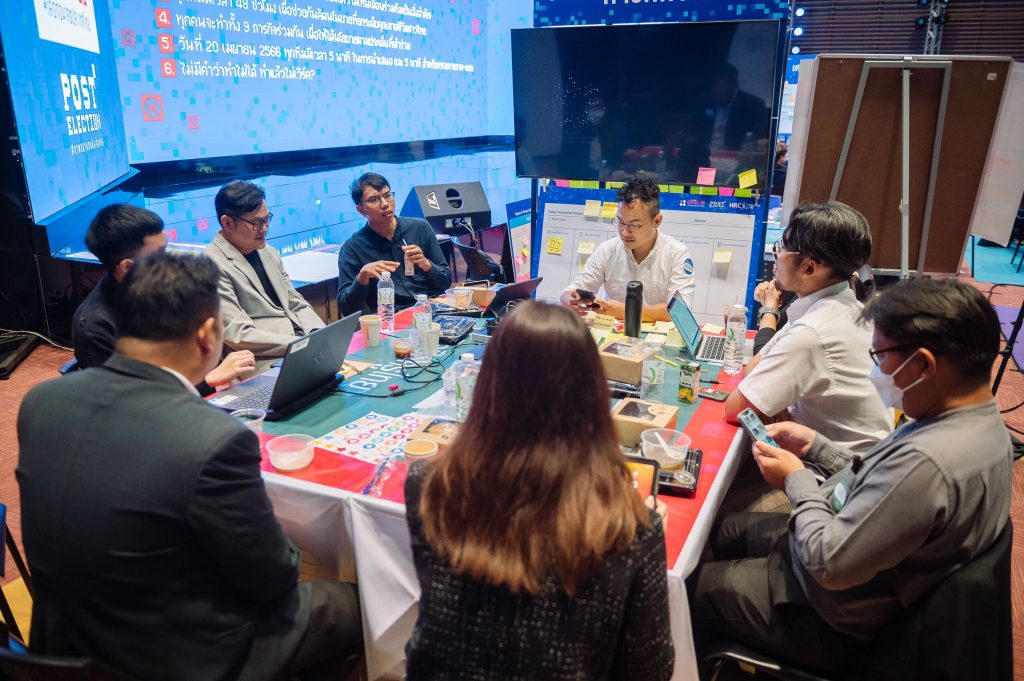
When asked about the goals of participating in this project, Pheem mentioned two goals:
“The first goal is to exchange experiences with people from different contexts, such as those working in private schools or involved in the larger scope of the country, including teachers and politicians. I want to understand their perspectives and gain insights into how we can make real changes in the education system at a broader level.”
“The second goal is to be a voice for the problems we encounter. I want to engage in conversations with others and ask them, ‘Do you face similar challenges? How do you handle your problems?'”
The Hack Thailand 2575 project divided the voicing platform into 12 stages, covering various topics, including education. Each stage involved 8-9 participants who engaged in discussions and activities for three days and two nights, exchanging ideas and experiences.
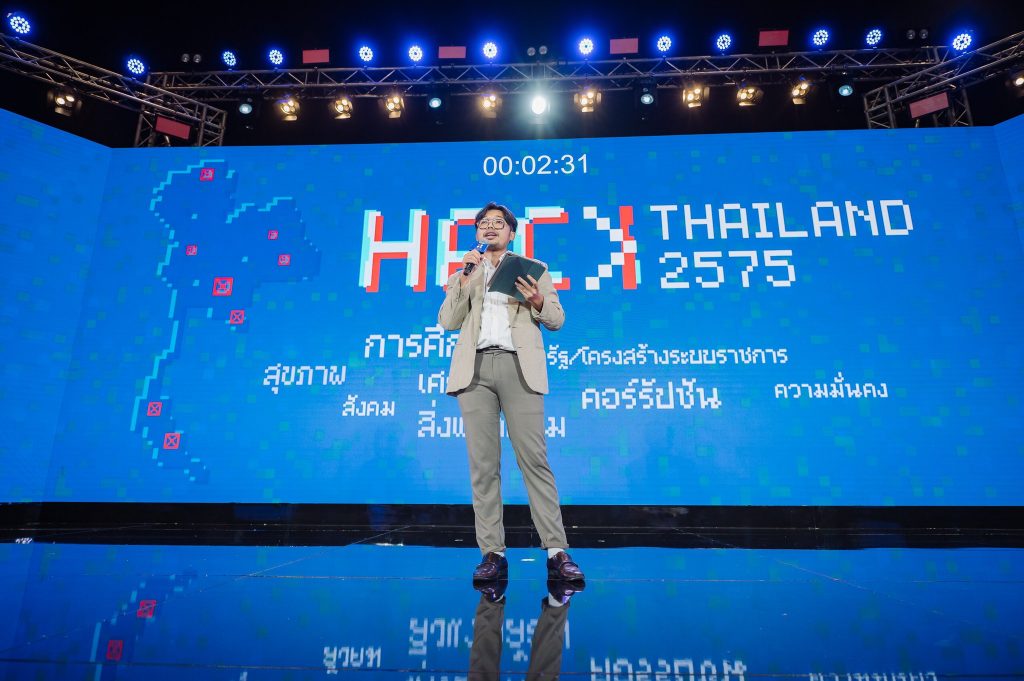
“There were participants from various sectors, including students, teachers, school administrators, experts, and even representatives from political parties.”
“We explored multiple perspectives on teacher preparation, from the beginning to the end.”
When asked if he got what he came for, he responded, “I achieved my goals,
especially the second one. Besides that, I also gained knowledge that I can apply in the classroom. For example, I learned about the approach used by a successful school called Roong Aroon School, where they focus on having conversations with students and encourage hands-on learning experiences. They prioritize the learning process rather than just focusing on performance indicators. This made me reflect on whether I can implement similar approaches. If my students lack a strong foundation, what can I apply in my context?”
“Learning and performance indicators, we have to consider both aspects because students also have to take exams based on the ministry’s indicators.”
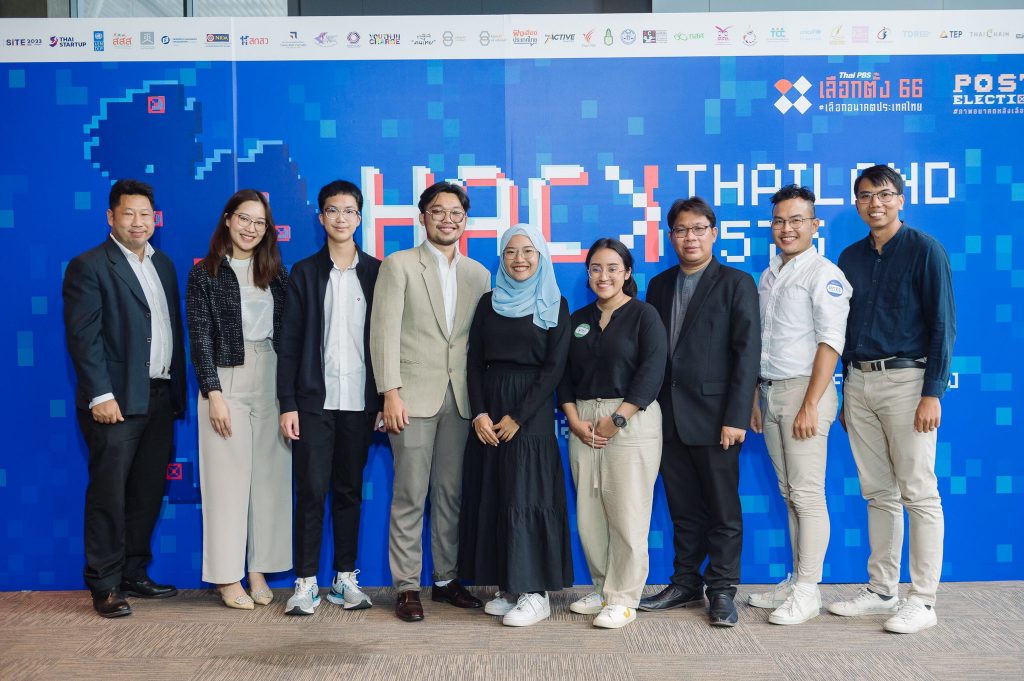
Toward the end of the conversation, Pheem shared his short-term and long-term goals:
“My short-term goal is to seek experiences in the field of education beyond the school setting. For example, connecting with curriculum developers or the private sector to gain diverse experiences.”
“As for my long-term goal, I aspire to become the Minister of Education. I want to be a minister who was once a teacher, someone with authority, a louder voice, and the ability to make a real impact.”
Currently, Teach For Thailand has a large number of alumni who continue to work towards advancing education in Thailand, even after completing the program. When someone identifies a problem, they can’t remain indifferent and uninvolved. The alumni network, along with current fellows, continues to push forward education issues consistently, aiming for a day when all Thai children receive equitable quality education and can shape their own future.

